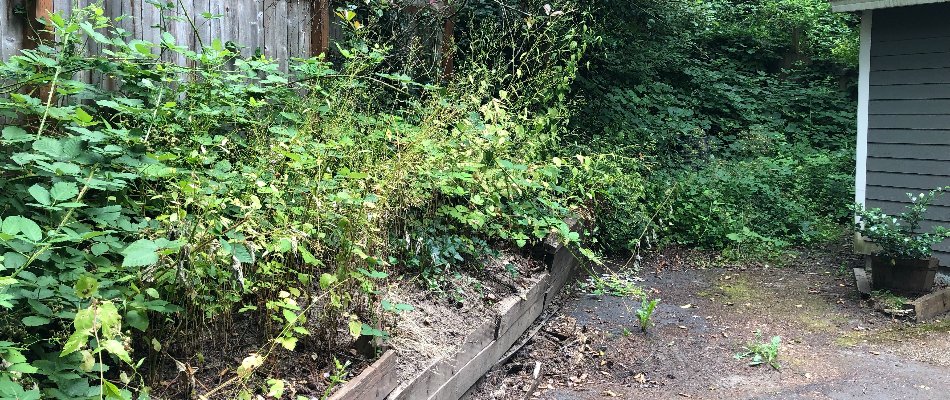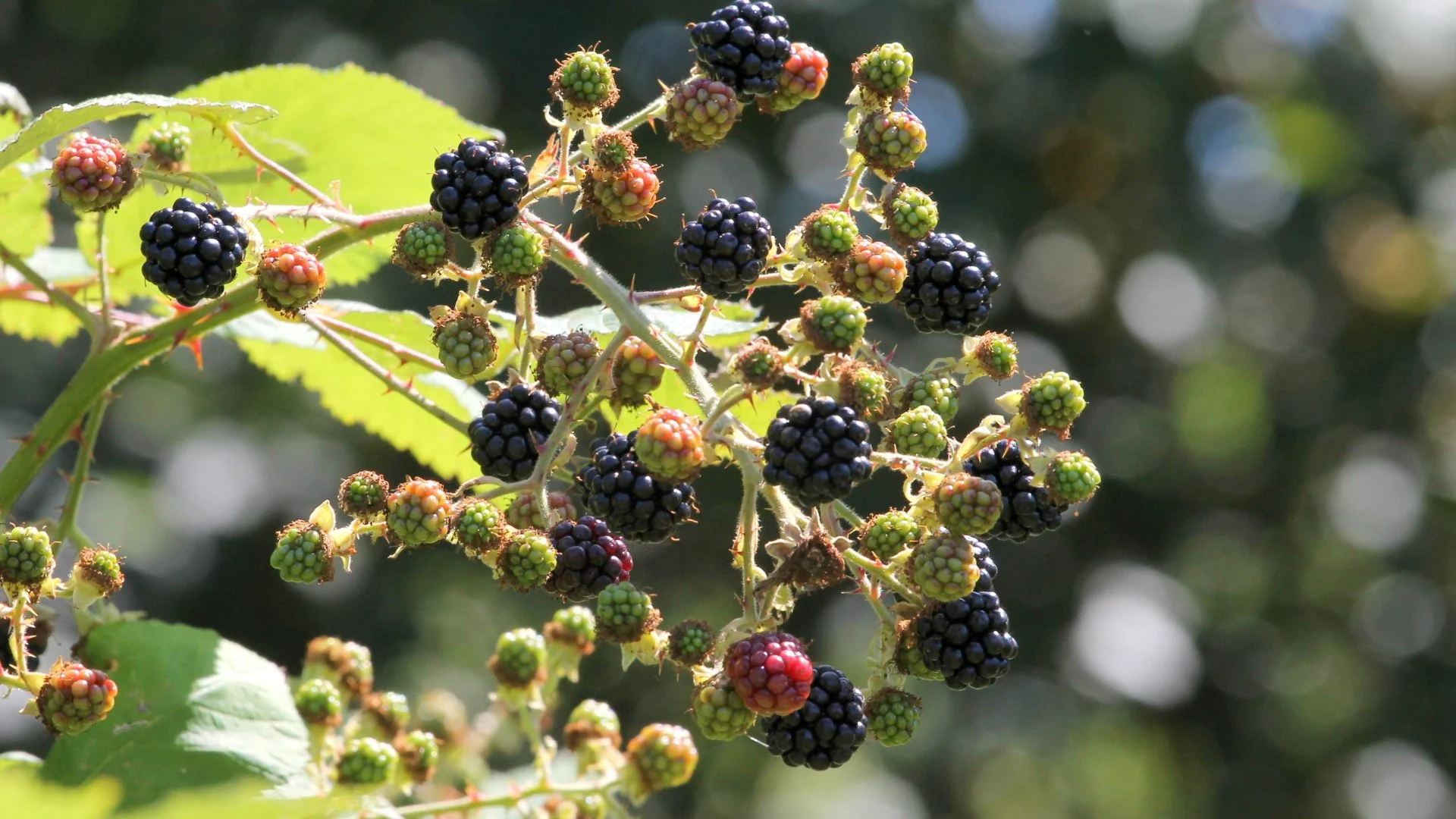Himalayan blackberries, a common sight in Oregon, are not only edible but also quite delicious. However, these plants are invasive, meaning they spread quickly and can overtake your property, pushing out native vegetation. Their rapid growth and dense thickets can make them a nuisance, especially if you're trying to maintain a well-manicured landscape. To keep them in check, it's advisable to hire professionals who can effectively remove these invasive plants, ensuring they don't disrupt your property's ecosystem.
Are Himalayan blackberries edible?
Himalayan blackberries are not only common in Oregon but also entirely edible. When ripe, the berries are juicy, sweet, and flavorful, making them a popular choice for fresh eating right off the cane. Many people also enjoy using them in jams, pies, syrups, and baked goods, as their natural sweetness adds depth and richness to recipes.
Despite the thorns on their canes, which can make picking a bit tricky, these berries remain a prized wild fruit for many foragers and homeowners. Their abundance means there’s usually no shortage during peak season, making them a readily available and delicious treat. Whether enjoyed fresh or incorporated into recipes, Himalayan blackberries offer a versatile fruit that can be savored in many ways.
Himalayan blackberries can spread and crowd out other vegetation on your property.

Himalayan blackberries are notorious for their ability to spread and crowd out other vegetation. They can quickly overtake gardens, lawns, and even natural areas, outcompeting native plants for resources. This can lead to a reduction in biodiversity, as the dense thickets of blackberries prevent other plants from establishing and growing.
The invasive nature of Himalayan blackberries is due to their ability to spread through seeds and root systems. The seeds are spread by birds and other animals, allowing the blackberries to colonize new areas quickly. The root systems can also spread underground, allowing the blackberries to form dense thickets that are difficult to remove.
Once established, Himalayan blackberries can be challenging to manage. They can form dense thickets that are difficult to penetrate, making it challenging to remove them by hand. Additionally, their ability to spread through seeds and root systems means that even if you remove the visible plants, new ones can quickly take their place.
Hire professionals to remove Himalayan blackberries from your property.
Given the challenges of managing Himalayan blackberries, it's advisable to hire professionals to remove them from your property. Professionals have the knowledge and experience to effectively remove the blackberries, ensuring that they don't return.
Professionals can use a variety of methods to remove the blackberries, including mechanical removal, herbicide application, and even biological control methods. They can also provide advice on how to prevent the blackberries from returning, such as by planting native vegetation that can outcompete the blackberries for resources.
By hiring professionals, you can ensure that the blackberries are removed effectively and that your property is restored to its natural state. This can help to improve the aesthetic of your property and promote biodiversity by allowing native plants to establish and grow.
Call us today to schedule our Himalayan blackberry control service!
At J&C Lawn Care, we offer a Himalayan blackberry control service to property owners in Gresham, Happy Valley, Troutdale, and nearby areas in Oregon. Our team will visit your property to thoroughly remove this plant from your property, and if needed, will return to your property a few times to ensure this invasive plant is no longer causing issues. Give us a call today at (971) 284-2035 to schedule our Himalayan blackberry control service and keep your property free of these pesky plants!



Comments (0)
Thanks for your comment!
Thanks for your feedback! Your comments have been successfully submitted! Please note, all comments require admin approval prior to display.
Error submitting comment!
There is a problem with your comment, please see below and try again.